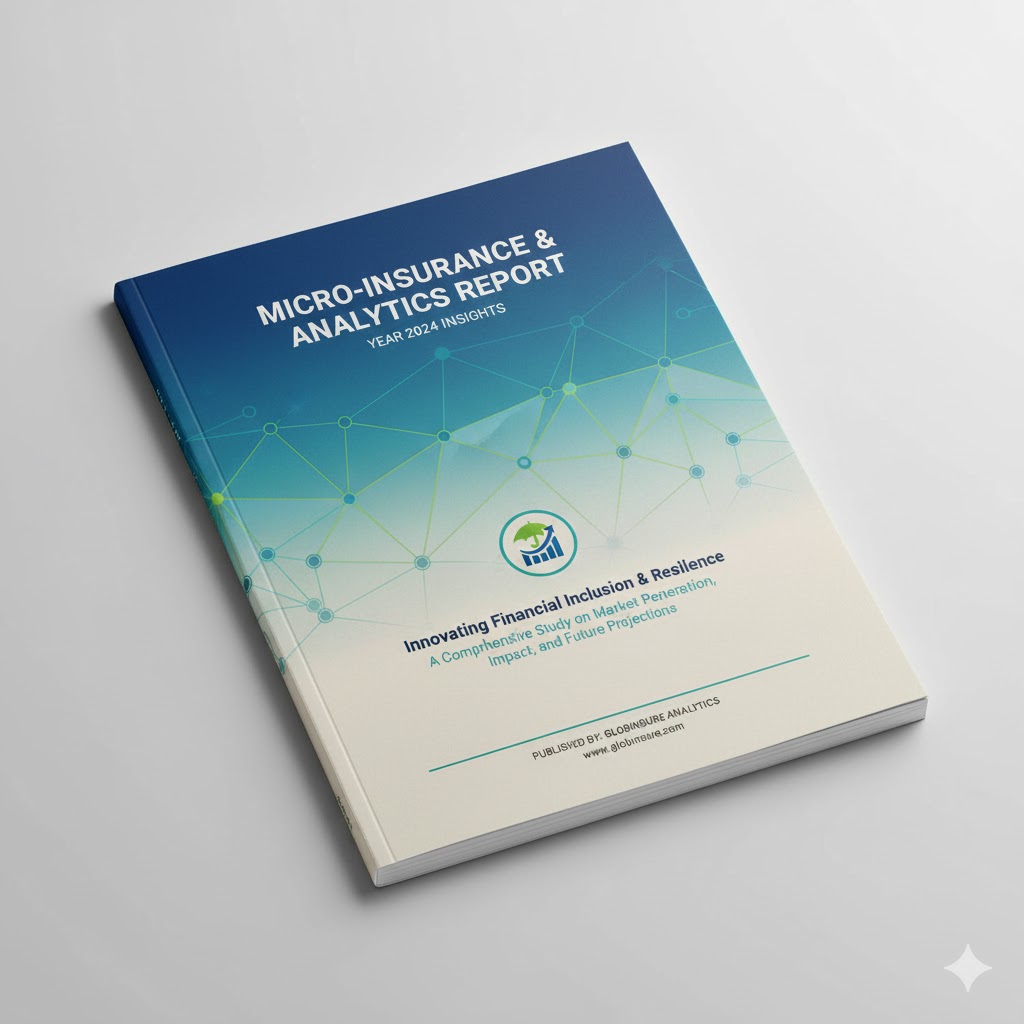Displaying 1 - 11 of 11

Case brief: FASECOLDA
Case brief: FASECOLDA. This entry presents the activities led by the Federation of Colombian Insurers (Fasecolda) to strengthen inclusive insurance in Colombia. It covers efforts in financial education, technical training, regulatory engagement, and the promotion of innovative products for underserved segments. The case demonstrates how institutional leadership and coordinated action have advanced capacity building and inclusion in the Colombian insurance sector.
Fecha de emisión
2020
Temas
Asunto (Producto)

COVID-19 and the Insurance Industry: Why a Gender-Sensitive Response Matters
COVID-19 and the Insurance Industry: Why a Gender-Sensitive Response Matters. This guidance note explores how the COVID-19 pandemic affected the gender gap in insurance access and services. It identifies four key areas where applying a gender lens can improve customer-centricity: operational practices, brand communication, product innovation, and new distribution channels. With practical insights from IFC's Women's Insurance Program, the paper offers a roadmap for insurers to better serve women during and beyond crisis periods.
Fecha de emisión
2020
Región

Enhancing Agricultural Productivity through Yield Estimation Initiatives in Partnership with the Farm-to-Market Alliance
Details ACRE Africa & FtMA project in Kenya to improve crop index insurance using geo-mapped yield data and local training.
Fecha de emisión
2024
Temas
Asunto (Producto)
Región

GREEN DELTA, BANGLADESH – The case for insuring women for a better tomorrow
The case for insuring women for a better tomorrow. Green Delta Insurance Company (GDIC), a private non-life insurer in Bangladesh, partnered with IFC and others to design targeted insurance solutions for women. This note explores why women represent a key growth segment, how GDIC tailored its approach for Bangladeshi women, and the lessons learned from implementing this gender-inclusive strategy in the local market.
Fecha de emisión
2020
Asunto (Producto)
Región

INSULAR LIFE, PHILIPPINES – The case for insuring women for a better tomorrow
Insular Life, Philippines – This case study showcases how Insular Life (InLife), a leading life insurer and health maintenance organization in the Philippines, partnered with IFC and the Women Entrepreneurs Finance Initiative (We-Fi) to better serve Filipino women. Their gender-focused strategy positions InLife as both an inclusive insurer and an employer of choice for women. The report outlines their journey toward creating more accessible insurance solutions, workforce empowerment, and long-term impact on women's financial resilience.
Fecha de emisión
2021
Asunto (Producto)
Región

InsuResilience Solutions Fund – Development of an Insurance Programme for Public Schools in Peru
Public-private partnership to insure 50,000+ Peruvian public schools against natural disasters with parametric payouts. Led by APESEG and ISF with support from IDF, AXA XL, and Munich Re.
Fecha de emisión
2021
Temas
Asunto (Producto)

Making Microinsurance Work, Scale2Save Learning Paper
Making Microinsurance Work: This learning paper by Scale2Save explores the challenges affecting the uptake of microinsurance across emerging markets. Drawing from real-world case studies in Côte d'Ivoire and Nigeria, it identifies key barriers and presents practical strategies to boost adoption. The report highlights innovative distribution approaches, customer education tactics, and partnership frameworks that drive scale and sustainability for inclusive insurance services.
Fecha de emisión
2021
Temas
Asunto (Producto)
Región

Microinsurance and Social Protection: Fiji Country Case Study
WFP and UNCDF piloted cyclone parametric insurance in Fiji for ~325 vulnerable households. This macro–micro model enabled payouts via mobile wallets within 3–5 days after disasters, offering financial protection to the poorest social welfare recipients.
Fecha de emisión
2023
Temas
Asunto (Producto)
Región

Promoting access to insurance for people with disabilities and small and micro entrepreneurs – The case of El Salvador
In El Salvador, most small farmers and micro-entrepreneurs face frequent economic and climate shocks without adequate insurance. To bridge this gap, the World Food Programme and local partners are piloting an innovative insurance solution covering over 950 farmers and micro-entrepreneurs (46% women) against business interruption caused by excess rainfall, drought, or earthquakes.
Fecha de emisión
2021
Temas
Asunto (Producto)

Segurísimo, developing inclusive insurance in Colombia
SEGURÍSIMO is a low-cost, easy-to-claim modular insurance product designed to serve vulnerable and traditionally excluded populations in rural areas. It offers coverage for both the policyholder and the beneficiary, emphasizing accessibility and inclusivity. The product's modular design allows flexibility in tailoring benefits, and its streamlined claims process helps reduce barriers to access. This case reflects an impactful initiative in Colombia aimed at enhancing social protection for underserved groups.
Fecha de emisión
2022
Temas
Asunto (Producto)

The Growth of Inclusive Insurance in Zambia
Details how Zambia created an inclusive insurance ecosystem through coordinated efforts and industry-wide stakeholder engagement. Zambia's Technical Advisory Group (TAG) led a structured process to align stakeholders, catalyze innovation, and grow the microinsurance market.
Fecha de emisión
2016
Temas
Asunto (Producto)
Región
